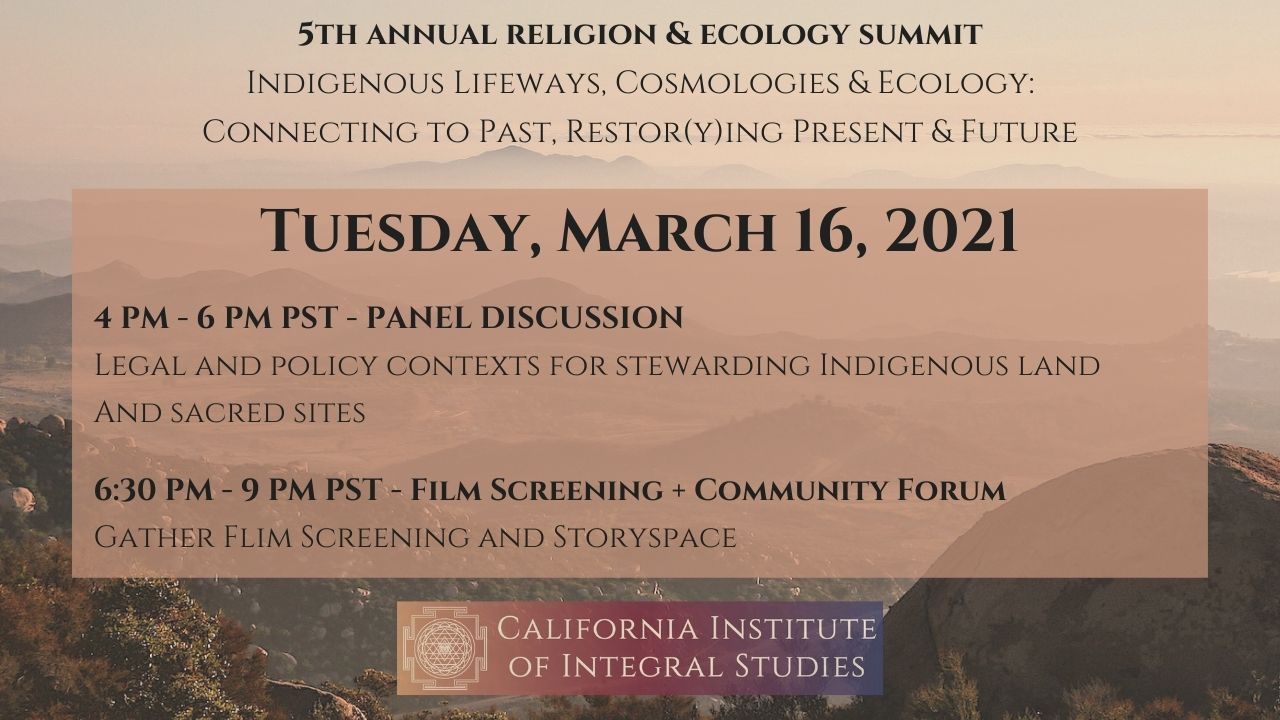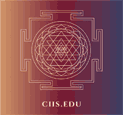Panel Title
Legal and Policy Contexts for Stewarding Indigenous Land and Sacred Sites
Loading...
Presenter Bio
Kaitlin Reed (Yurok/Hupa/Oneida) is an Assistant Professor of Native American Studies at Humboldt State University. Her research is focused on tribal land and water rights, extractive capitalism, and settler colonial political economies. She is currently working on her book entitled From Gold Rush to Green Rush: The Ecology of Settler Colonialism in Northern California. This book connects the historical and ecological dots between the Gold Rush and the Green Rush, focusing on capitalistic resource extraction and violence against indigenous lands and bodies. Kaitlin obtained her B.A. degree in Geography at Vassar College and her M.A. and Ph.D. in Native American Studies at the University of California, Davis. In 2018, she was awarded the Charles Eastman Fellowship of Native American Studies at Dartmouth College. Dr. Reed is an enrolled member of the Yurok Tribe in Northwestern California. In her free time, she likes to knit, watch reality television, and spend time with her partner, Michael, and her cat, Fitzherbert.
Presentation Description
Recent attention on the California Indian genocide -- specifically, Governor Newsom’s apology -- historicizes genocide and neglects its contemporary manifestations. This paper seeks to understand the interconnections between settler colonialism and genocide – with an explicit focus on land dispossession and environmental destruction -- and what that means for California Indians today. While settler colonialism and genocide cannot be conflated, settler colonialism produces what scholar Tony Barta has referred to as “relations of genocide.” Specifically, I understand Barta’s relations of genocide as settler colonial orientations to land and environmental destruction.Throughout my analysis, I suggest that the kinship-oriented relationships to land held by Indigenous peoples, as well as the theorization of land within Indigenous Studies, works to complicate and expand contemporary notions of genocide. Moreoever, I argue that to heal from the genocide that occurred in California, both land reparations and ecological restoration must occur. Because all contemporary social problems (poverty, trauma, health disparities) can be traced back land -- its dispossession or contamination -- we must engage with decolonization to rectify impacts of the California Indian genocide.
Link to Website(s)
We Are a Part of the Land and the Land Is Us: Settler Colonialism, Genocide & Healing in California in the Humboldt Journal of Social Relations
Presenter Photo

“We Are a Part of the Land and the Land Is Us”: Settler Colonialism, Genocide & Healing in California
Recent attention on the California Indian genocide -- specifically, Governor Newsom’s apology -- historicizes genocide and neglects its contemporary manifestations. This paper seeks to understand the interconnections between settler colonialism and genocide – with an explicit focus on land dispossession and environmental destruction -- and what that means for California Indians today. While settler colonialism and genocide cannot be conflated, settler colonialism produces what scholar Tony Barta has referred to as “relations of genocide.” Specifically, I understand Barta’s relations of genocide as settler colonial orientations to land and environmental destruction.Throughout my analysis, I suggest that the kinship-oriented relationships to land held by Indigenous peoples, as well as the theorization of land within Indigenous Studies, works to complicate and expand contemporary notions of genocide. Moreoever, I argue that to heal from the genocide that occurred in California, both land reparations and ecological restoration must occur. Because all contemporary social problems (poverty, trauma, health disparities) can be traced back land -- its dispossession or contamination -- we must engage with decolonization to rectify impacts of the California Indian genocide.
https://digitalcommons.ciis.edu/religionecologysummit/2021/Tuesday/2


